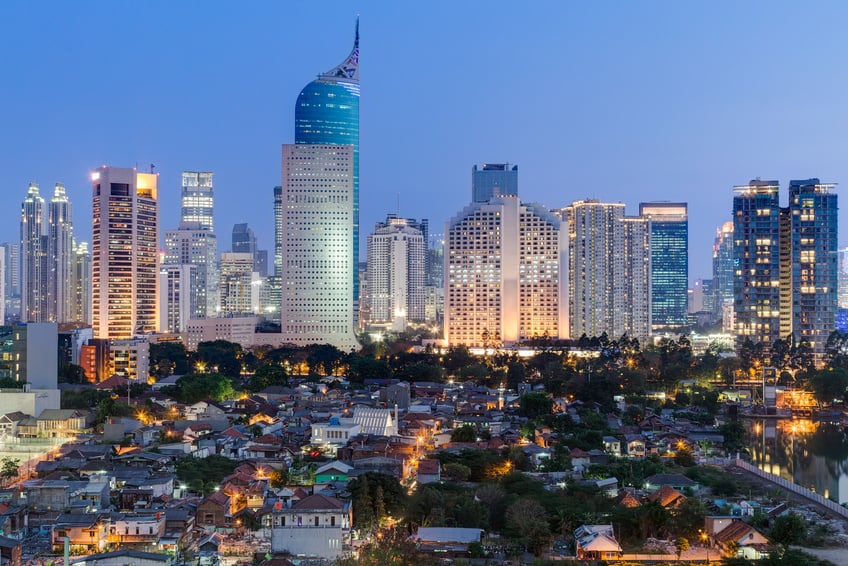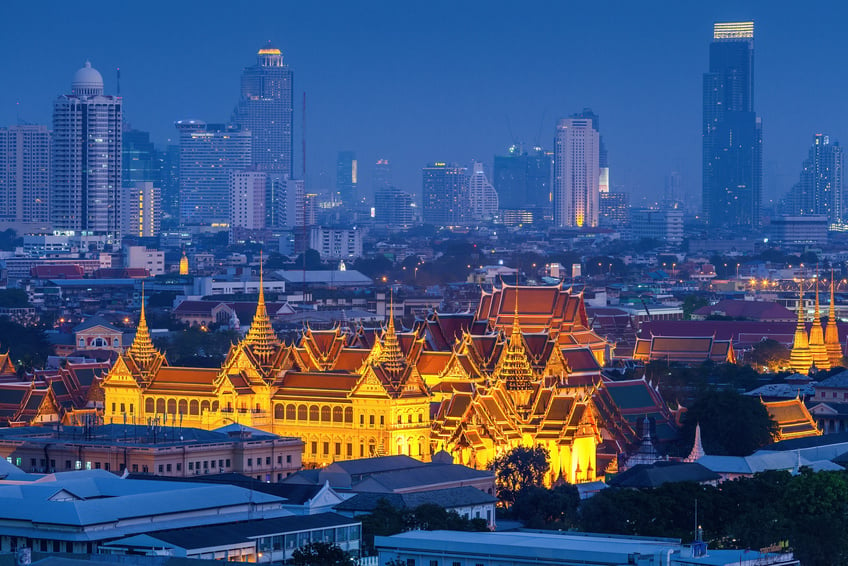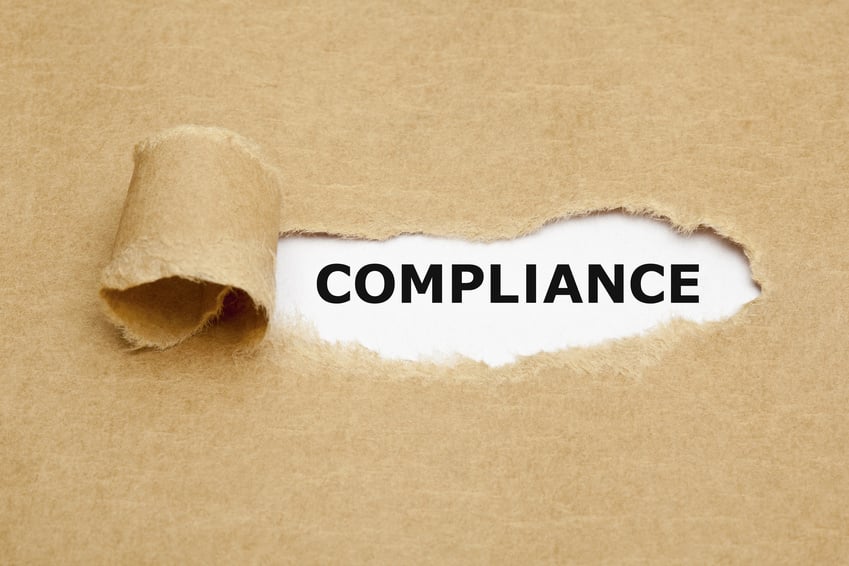On 30 August 2022, the Indonesian House of Representatives agreed to pass a law ratifying the Regional Comprehensive Economic Partnership, the largest regional free trade agreement outside the World Trade Organization — involving 10 ASEAN countries and five non-ASEAN countries, i.e., China, New Zealand, Australia, Japan and South Korea. With the passing of this law, which still requires promulgation by the President, RCEP is set to come into force for Indonesia, possibly before the end of the year.
Singapore’s Ministry of Trade and Industry announced that on 9 April 2021, Singapore deposited its instrument of ratification with the Secretary-General of ASEAN and became the first country to complete the official process for ratification of the Regional Comprehensive Economic Partnership (RCEP) Agreement.
In continuation of Baker McKenzie’s Asia Pacific webinar series on the business impact of COVID-19, we bring you…
While local laws of Singapore, Malaysia and Indonesia have fully complied with the ASEAN Medical Device Directive (AMDD), it is encouraging to see more developments of various Member States in ASEAN this year. From the report of the 8th ASEAN Medical Device Committee (AMDC) Meeting and Related Activities – Industry…
The Agreement on Investment among the Governments of the Hong Kong Special Administrative Region of the People’s Republic…
Despite geopolitical shifts, uncertainty and various factors that seem to affect numerous sectors, the global luxury and fashion…
We have summarized the results of the compliance studies of the past 12 months and summarized the results in this post. Find out how you measure up against the benchmark.
Transparency International has launched its latest 2016 Corruption Perception Index. China’s ranking continues to improve, moving up by four places from last year’s rank of 83 to a rank this year of 79. Find out more about the other highlights.
After several years of development, involving input from over 50 countries, the International Organisation for Standardisation (ISO) has finally published ISO 37001: Anti-Bribery Management Systems Standard – a new international standard designed to assist organisations worldwide in implementing and maintaining effective anti-bribery systems.
Following our summary in March 2015, we have again summarized the main compliance benchmarking surveys which have been published over the past 12 months and summarized their results.



